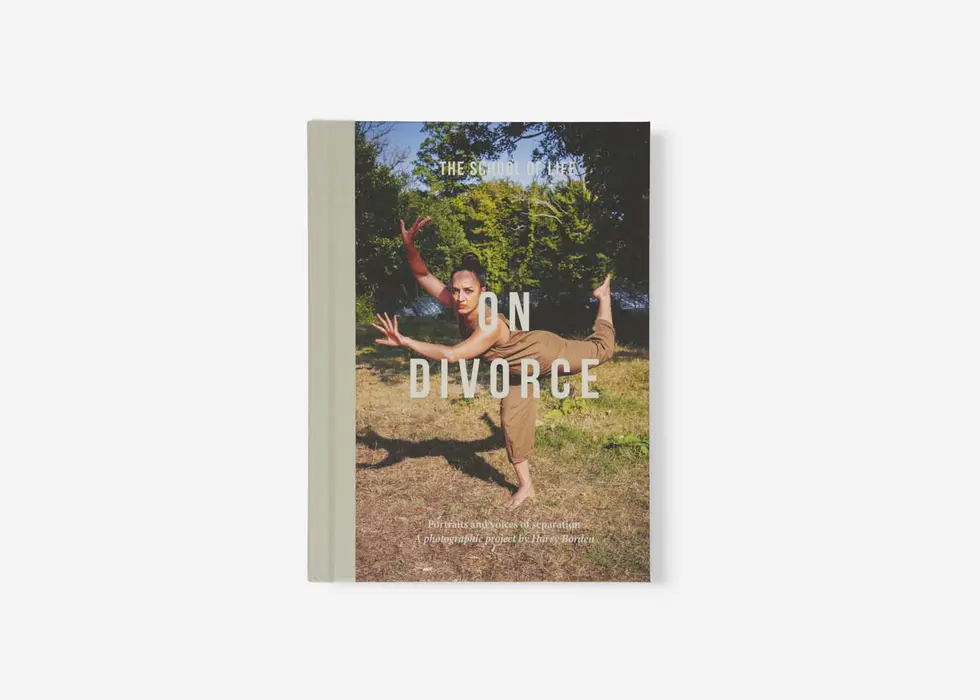Relationships • Conflicts
Why We Play Games in Love
Most of us have a general understanding that ‘games playing’ in relationships is a bad thing – and that all good people are opposed to them. ‘I don’t play games,’ is a favourite mantra declaimed by hopeful people at the beginning love stories the world over.
However, it can be less obvious what games playing really involves – and therefore how definitively to avoid its dynamics. We too often associate this “so-called sport” with its most obvious manifestations in the dating phase: for example, when a person hides their desire beneath a veneer of indifference, or goes cold as soon as love is reciprocated.

But there are plenty of other forms of games playing that are far more insidious, invisible and, in the long run, dangerous. They occur whenever we decide to stop saying something difficult, vulnerable or hurt that is on our minds and camouflage an injury instead.
We play games when our partner does or says something that wounds us but we choose not to reveal it, we stay silent and smiley, because to be honest would make us feel exposed, desperate, cloying and weak in front of someone who (we fear) might simply not care enough about us to listen. Therefore, we opt to initiate a so-called ‘game’ in which we do the following. We bury our ruffled feelings about this or that problem, but we do so deliberately badly, in the hope that our partner will in time realise their offence and then feel sorry for it and apologise – without us having had to be naked about our upset.
The ‘game’ sets out to provoke guilt as an alternative to emotional frankness. So rather than tell a partner cleanly that we’re a bit upset that they didn’t — for instance — buy us the medicine we asked them to pick up on their way back from work, we play the “game” of blithely not caring about their forgetting. We stay silent, and then, the next morning, we go to the chemist ourselves, and leave the box and the receipt prominently on the kitchen table. When (as we had hoped) they spot it and immediately say, ‘Oh god, I’m so sorry,’ we smile casually and reply, ‘Oh don’t worry, that’s fine, it wasn’t a bother for me.’
It may seem like a tiny incident but the seismologists of relationships will know that this is likely to be the harbinger of something far bigger: a fateful pattern of not declaring what is wrong, of hoping to be read without explaining, of not daring to speak about what matters, all of which can over time lead to a grave erosion of trust and destructive indirect methods of communication that bring anger and resentment in their wake.
Games playing is a subset of behaviour we know as sulking. When we sulk, it’s because a partner has in some way offended us. They have told a story in public that we wanted to be kept private, they have shown us a lack of tact, they have forgotten an important occasion, they have failed to listen to us. But the sulker acts as if from an unhelpfully romantic hope: that they should be interpreted without needing to speak. They dream that someone who truly loved them would guess what they were upset about, without requiring the offence to be spelt out to them in a medium as clumsy and as slow as language. They want to be understood without words.
Anyone who fails to do this is quickly taken by the sulker to be badly intentioned. There is little space to believe in innocent failures of empathy. The partner hasn’t merely failed to grasp what is going on, their failure is willed; they are doing this on purpose. To a feeling of abandonment, the sulker adds a layer of persecution.

For the sulker, it is a great deal more tempting to devote the next six hours to answering curtly, insisting that nothing is wrong and affecting a pained and melancholy look — than to strive to delineate the nature of their hurt.
We are taking our first steps towards a less fraught kind of coupledom when we are finally able to tell someone who has upset us that they have upset us – preferably within the very half hour in which they have done so.
A true commitment to not playing games involves a profound effort directly to say everything that has upset us at once. It could sound like we are being ‘difficult’. However, so long as we are polite, communicating hurt is anything but poor behaviour. It’s the greatest privilege to be in love with a true adult who can tell us what is wrong precisely when a problem occurs – and is brave enough to present themselves as weak so that love can stay strong.
Latest Articles

Relationships
What Role Do You Play in Your Relationship?

Self-Knowledge

Self-Knowledge

Self-Knowledge

Self-Knowledge
Why Parents Bully Their Children

Calm

Calm
Stop Worrying About Your Reputation


Work


























